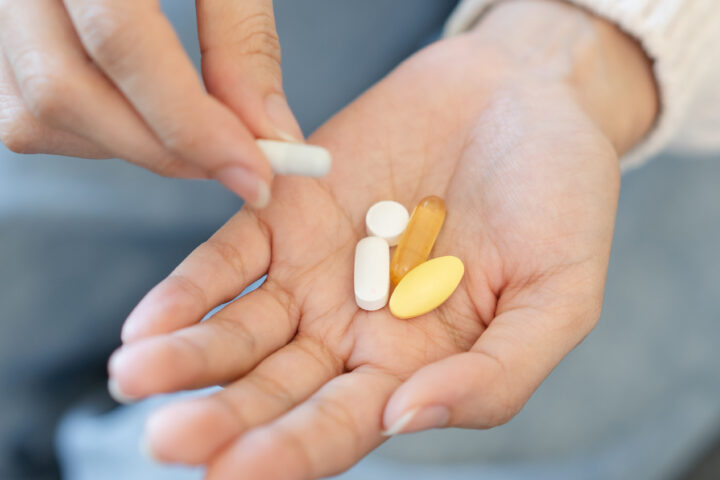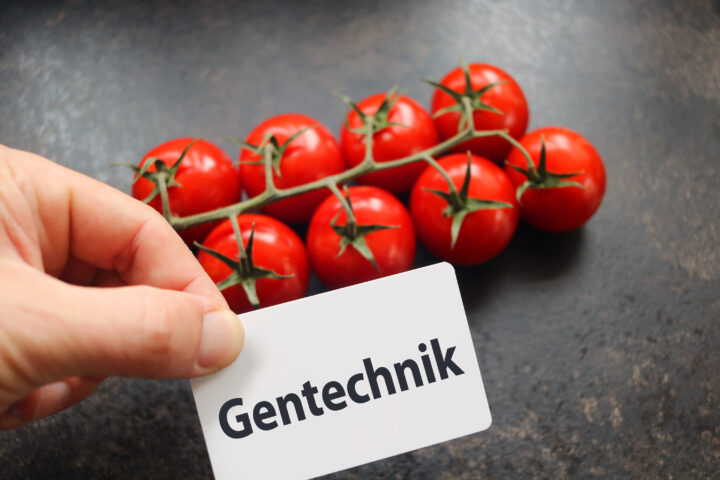
CO2 reduction with alternative artificial fertiliser
The two agrochemical producers Bayer and Syngenta are investing in an American start-up whose technology can massively reduce the use of nitrogen fertiliser. The goal is to save as much CO2 emissions as are emitted by 200 million cars. This shows: New technologies are the key to sustainable CO2 reduction.
Wednesday, September 15, 2021
Content in German
Wie die «Frankfurter Allgemeine Zeitung» schreibt, handelt es sich beim Start-up um das amerikanische Biotechunternehmen «Sound Agriculture». Die Investitionen in die Firma unterstreichen das Engagement der forschenden Agrar-Industrie im Kampf gegen den Klimawandel. Zum Portfolio von Sound Agriculture gehört eine biologische Alternative zu Kunststoffdüngern für Mais und Soja. Pro Hektar können im Vergleich zu den herkömmlichen Düngern rund 56 Kilogramm eingespart werden. Das Produkt aktiviert Mikroorganismen im Boden und führt dazu, dass Pflanzen mit mehr Stickstoff und Phosphor versorgt werden. Gleichzeitig steigert die Technologie die Maiserträge pro Hektar um 475 Kilogramm und reduziert die CO2-Emissionen im Bereich Stickstoffdünger global um 30 Prozent. Dank der Züchtungsplattform des Start-ups sollen Neuzüchtungen zudem doppelt so schnell auf den Markt kommen, als dies bis anhin der Fall war.
Neue Technologien sind der Schlüssel
Die Herausforderungen für die Nahrungsmittelproduktion angesichts des globalen Bevölkerungswachstums ist auch Thema im Podcast «Alles auf den Tisch» des Foodbloggers Hendrik Haase. Als Co-Moderator fungiert Matthias Berninger, Leiter Public Affairs, Science & Sustainability von Bayer. Dieser betont, dass wir uns in der gegenwärtigen Situation Denkverbote nicht leisten können. Klar sei, dass die Landwirtschaft in Zukunft mehr pflanzliche Proteine produzieren müsse. Doch bald lebten sieben von zehn Menschen auf der Erde in Städten. Um ihre Ernährung nachhaltig sicherzustellen, brauche es viele neue Technologien wie beispielsweise Fleisch aus dem Labor.
Sources
Frankfurter Allgemeine Zeitung, 20. August 2021 (Nur Print)
Related articles

Residue is not the same as residue
Painkillers like Voltaren are a blessing for us – yet in our rivers they can harm fish. If these were crop protection products, calls for bans would be immediate. It becomes clear that we are applying double standards.

ARTE documentary: Genetic engineering in organic farming?
The ARTE documentary “Genetic engineering in organic farming?” examines key controversial questions of modern agriculture: Is the general exclusion of new breeding technologies still up to date? Can the resistance of organic farming be justified scientifically?

The Great Suffering of Farmers
Fire blight, Japanese beetles, or grapevine yellows – farmers in Valais, too, are increasingly feeling helpless in the face of the threats posed by nature. More and more often, they lack the means to effectively protect their crops. This makes it all the more important for the Federal Council to place a pragmatic balancing of interests at the forefront when setting threshold values.

'Tomatoes on your eyes'
The submitted “Food Protection Initiative” calls for “GMO-free food.” Leaving aside this illusory demand, its adoption would mean more bureaucracy, more trade barriers, and less innovation. The Swiss Farmers’ Union describes the proposal as “unnecessary” and warns of a setback to the goal of achieving an even more sustainable agriculture.

